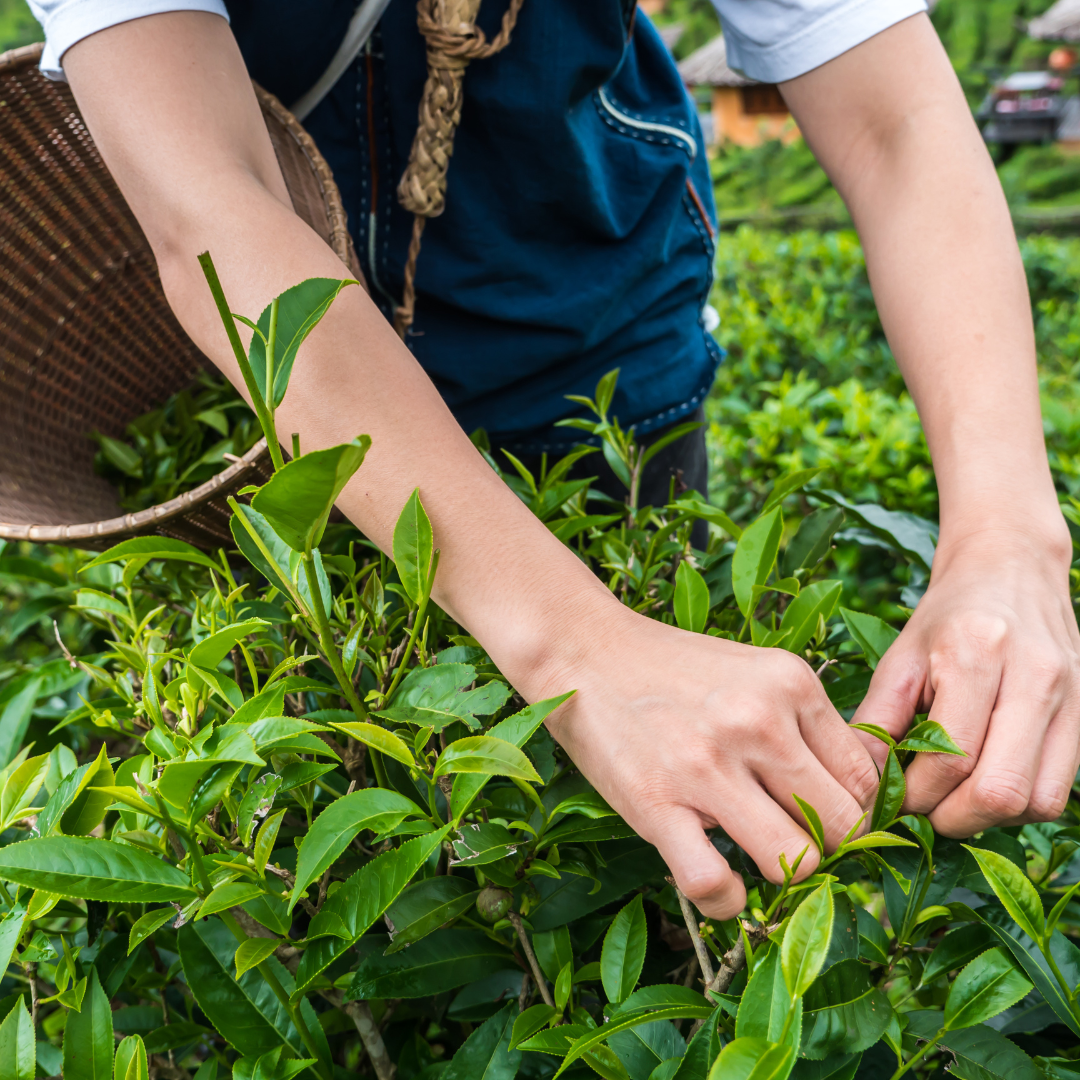The article discusses a five-part virtual knowledge session series organized by FAO and the World Bank to address the interconnections between food
Other content with the tag "India".
This project showcases how integrated crop-livestock systems enhance livelihood resilience in India’s rainfed regions.
This FAO-ICSF report provides a comprehensive review of legal, policy, and institutional governance structures in India’s inland fisheries.
This peer-reviewed study assesses the impact of engaging federations of women’s groups to improve health and nutrition services in poor regions of
This section highlights India’s approach to multisystemic nutrition and food security response under POSHAN 2.0 and other national programs.
This peer-reviewed study investigates the relationship between water, sanitation, hygiene (WASH) and nutrition in three Indian states.
This framework, developed by UNICEF and IEG, advocates mainstreaming social protection to achieve improved nutrition outcomes in India.
This atlas maps national and state-level schemes across India that contribute to nutritional outcomes.
This section of the global report highlights India’s multisectoral nutrition response during the polycrisis, including school closures, economic sh
This synthesis by the Public Health Foundation of India assesses how the pandemic impacted nutrition services and food access.
This publication lists 12 key studies co-authored or supported by UNICEF India covering topics like dietary diversity, social protection for nutrit
This working paper analyzes fiscal bottlenecks in nutrition financing across four Indian states.
This UNICEF-supported document aggregates key maternal health and nutrition guidelines from the Indian government.
This UNICEF publication documents India’s progress in maternal and child nutrition through evidence-based strategies.
This evaluation reviews UNICEF’s Swabhimaan programme across Bihar, Odisha, and Chhattisgarh.
This program note articulates UNICEF India’s equity-based approach to nutrition programming for children and women with disabilities.
This report documents UNICEF’s support to the Comprehensive National Nutrition Survey (CNNS), India’s largest micronutrient survey to date.

This study assesses the availability, retail penetration, and fortification quality of staple foods in Madhya Pradesh and Tamil Nadu, India.

This study examines trends in private sector maternity care in Bihar, India, from 2011 to 2021, analyzing neonatal mortality rates (NMR) and causes

This study details the development and validation of a Knowledge, Attitude, and Practice (KAP) questionnaire for literate mothers of school-aged ch

This study investigates the influence of farmers' risk attitudes on adopting agricultural technologies and their impact on rice productivity in Eas
This review assesses India's rare disease (RD) management framework and the challenges in orphan drug development.

This study examines factors influencing the shift towards millet consumption among urban consumers in India.

This study examines the impact of women’s empowerment on dietary diversity and child nutritional outcomes in Odisha, India.

The research brief "Value Chain Analysis in India to Identify Nutrition-Sensitive Interventions for Improved Maternal Diets in India" focuses on un

The article "Broccoli: A Key to Nutritional Security" by Md Zeeshan Qaiser explores the nutritional profile, health benefits, and cultivation pract

The paper titled "The Impact of Women’s Income on Household Nutrition" by Priya Bhagowalia and Arjita Chandna examines how women's income share aff
India's Environmental, Social, and Governance (ESG) landscape is evolving, with investors, businesses,
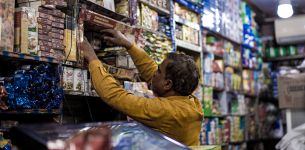
The India Index 2023 shows the current state of play of food & beverage companies' contributions to diets and the food environment in India.

High-performing food systems provide healthy and nutritious diets. They create dignified livelihoods for producers and benefit the economy.

The Commercialisation of Biofortified Crops Team in India is developing monthly newsletters to create awareness on the developmen
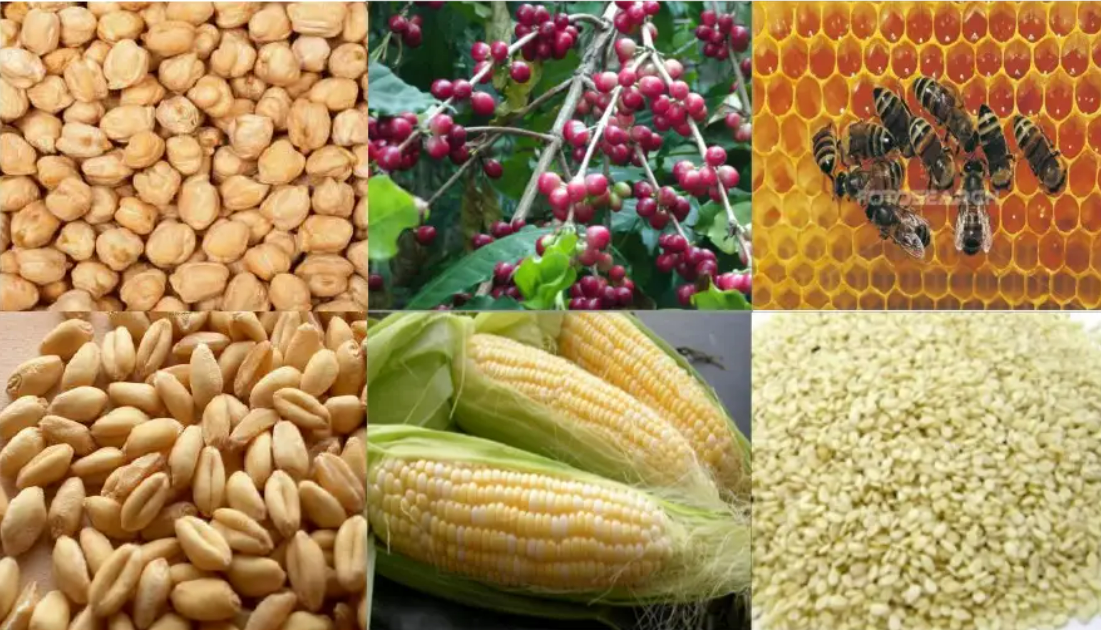
In 2018, GAIN and HarvestPlus created a partnership with the shared ambition to expand coverage of biofortified nutrient dense foods to
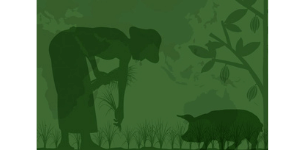
In this second report of the FABLE Consortium, country teams present 20 national pathways towards sustainable land-use and food systems.
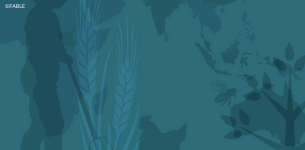
The Food, Agriculture, Biodiversity, LandUse, and Energy (FABLE) Consortium is a knowledge network of research

Third ATNI COVID-19 report highlights corporate responses to the pandemic in India, Mexico and Nigeria.

In 2019, GAIN commissioned Philanthropy Advisors (PA), a consulting firm specialised in the evaluation of devel

Nutrition programmes within commodity value chains provide a unique opportunity to improve health outcomes for workers, farmers, their households,
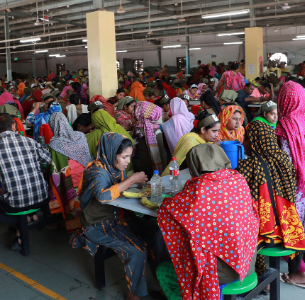
Nutrition programmes within commodity value chains provide a unique opportunity to improve health outcomes for workers, farmers,

In 2018, GAIN and HarvestPlus created a partnership with the shared ambition to expand coverage of biofortified nutrient dense foods to at least 20

This study summarises the findings of research undertaken by GAIN and NewForesight to explore the business case for investing in and implementing n
This paper provides a business case for investing in India.
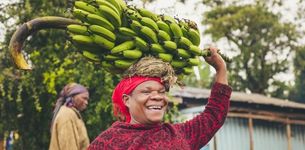
Partnership between Ipsos – a social market and research company, and The Bill and Melinda Gates Foundation.
FoodSwitch is an example of innovation that is empowering consumers to make smarter nutrition decisions.
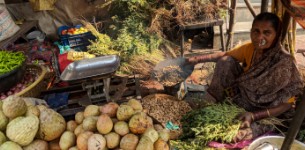
The South Asia Food and Nutrition Security Initiative (SAFANSI) is an example of a multi

The cost of a nutritious meal is not fixed and it can be heavily dependent upon the season.
One-page correspondence in the Lancet looking at the benefit of investing in workplace wellness programmes in India.
Nearly half of India’s population suffer from micronutrient deficiency.
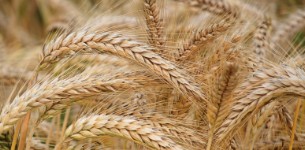
Case studies embedded in local political economy, covering: dairy value chains in Afghanistan, milk value chains in Bangladesh, flour fortification
This is a detailed overview of why people did not take up fortified complementary foods in Ghana, Cote d'Ivoire, India, Bangladesh, and Vietnam.

Evidence from the Transform Nutrition Research consortium led by the International Food Policy Research Institute focusing on how to transform the
This short report gives an overview of rice fortification literature indexed in PubMed, including examples of successful public private engagement

